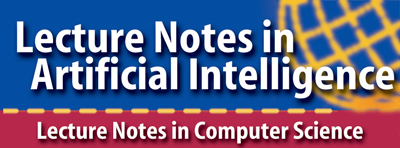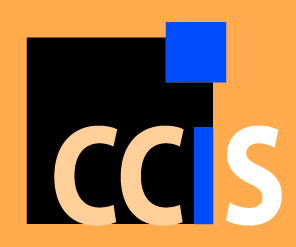Scope
Organizations all around the world are becoming more aware of the benefits and competitive advantages of providing and enhancing staff training. Traditional training methods have shown to be effective throughout the years.
However, these strategies may not be appropriate for future organizational training developments. In some aspects, traditional training still has limits in terms of assisting learners in acquiring information and skills, such as costly methods that need significant resources and time.
Demographic change, particularly in Europe, also means that new, more accessible and quicker to adapt training methods need to be brought into focus. Extended reality technologies such as virtual reality (VR), augmented reality (AR) and mixed reality (MR) are widely used in various fields. They are increasingly used in organizational training interventions. VR, AR, and MR have been used to train people in industries such as manufacturing, construction, automotive, and medical.
The integration of such technologies bridges the gap between the physical and digital worlds, allowing the direct interaction of remote physical locations. In comparison to traditional training, extended reality technologies may provide more professional immersion by seamlessly merging actual and virtual scenarios.
Several studies have found that extended reality applications have a positive effect on the trainee’s engagement and learning outcomes. AR, for example, reduced the difficulty and workload for mechanics during training and maintenance by adding extra labels and indicators to the machinery and also reduced the training costs.
Although VR training is not guaranteed to be less expensive, the benefits that these systems provide to the training audience may justify the investment costs. Depending on the domain, VR training may also provide a trainee with privacy, which is especially important in cases where a trainee may feel uneasy about his/her actions in a real-world training process due to the presence of observers. Moreover, VR training provides a safe environment with minimal exposure to dangerous situations.
These technologies also allow different training scenarios and use cases to be tested with less risk. And, an important point, training on digital twins can take place before the real twin is available. Furthermore, targeted training on the digital twin and hardware-in-the-loop makes it possible to optimize control system development and accelerate the commissioning processes for machines and systems.
Multiuser VR training is extremely beneficial in some domains. It has the potential to motivate and engage groups of learners. Additionally, positive peer pressure could be induced by multiuser training, in which individuals support one another during the training process.
Another positive aspect is the inclusion of older, highly experienced colleagues. Due to the demographic change described above, companies are under increasing pressure to pass on knowledge quickly and adequately. In a multi-user VR training environment, knowledge transfer can be integrated into a playful and user-centered environment. Therefore, the focus of this workshop is to discuss the usage of extended reality technologies as tools for organizational training in several domains.
Moreover, it aims to introduce some of the features that may affect the extended reality organizational training applications. First, the multi-user feature as most organizations rely on teams not individuals. Second, the generalization feature to be able to use the same VR or AR app in several training programs or in different domains. Finally, the adaptivity feature that may be added in order to adapt the training processes based on the user’s capabilities, performance and needs.
Participants will acquire knowledge about the types of extended reality and their real-world applications in the context of Industry 4.0, particularly organizational training.
Topics
- Human agent interaction, user interfaces
- Adaptation, learning and personalization
- E-learning and educational systems
- Virtual agents, animation and games
- Digital Twinning
- Human Computer Interaction
- Extended Reality Applications
Organizing Committee
- Prof. Dr. Slim Andennadher, The German International University
- Prof. Dr. Ute Dietrich, HTW Berlin
- Dr. Nada Sharaf, The German International University
- Nada Nasser, The German University in Cairo
Program Committee
- Dr. Maggie Mashaly, The German University in Cairo
- Dr. Eman Azab, The German University in Cairo
- Stefan Hirsch, Umweltcampus Birhenfeld


